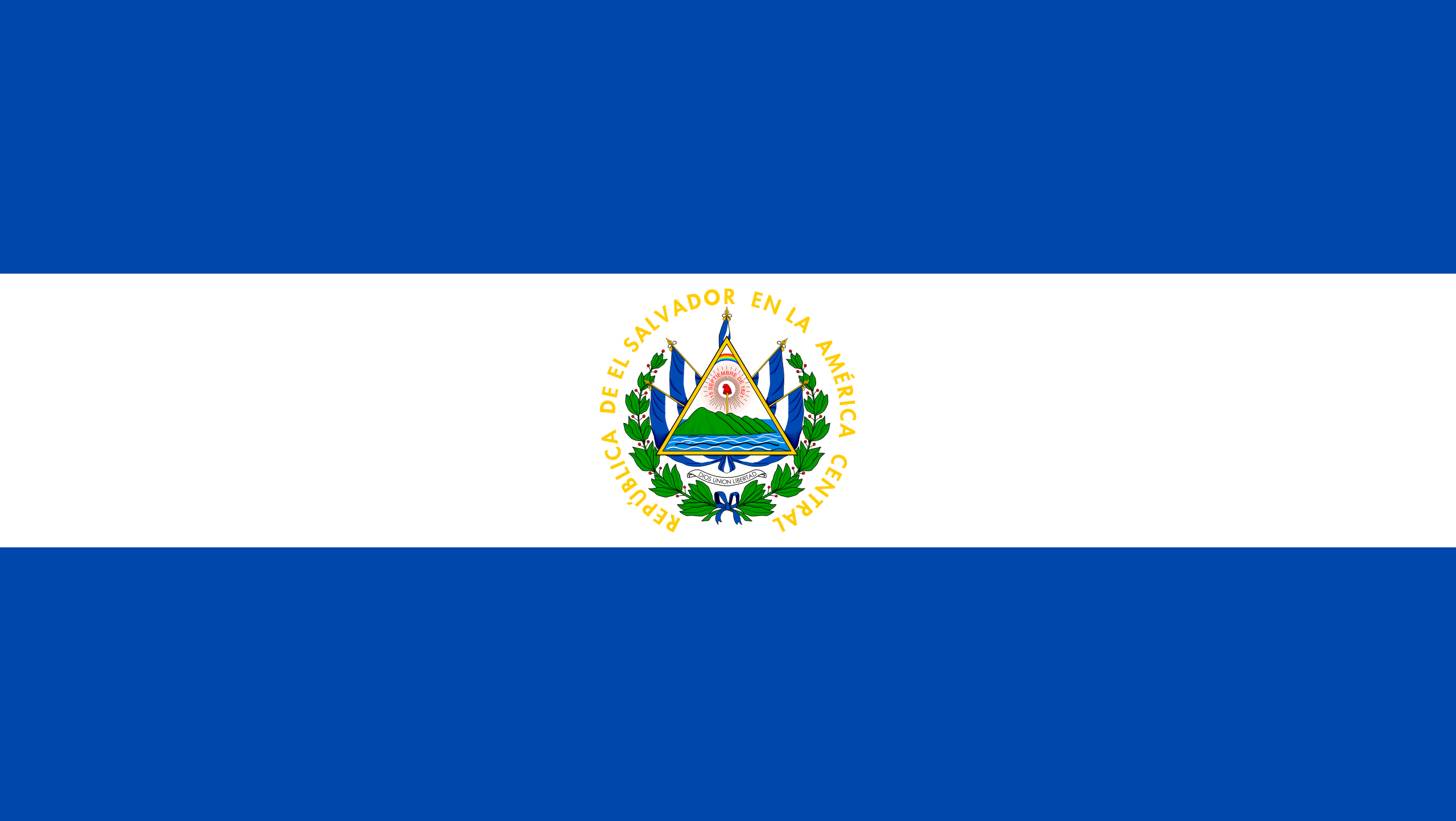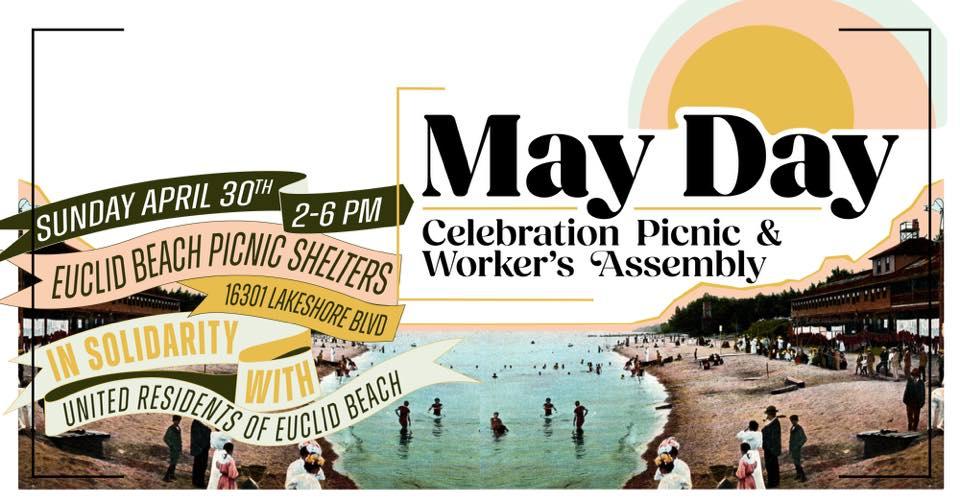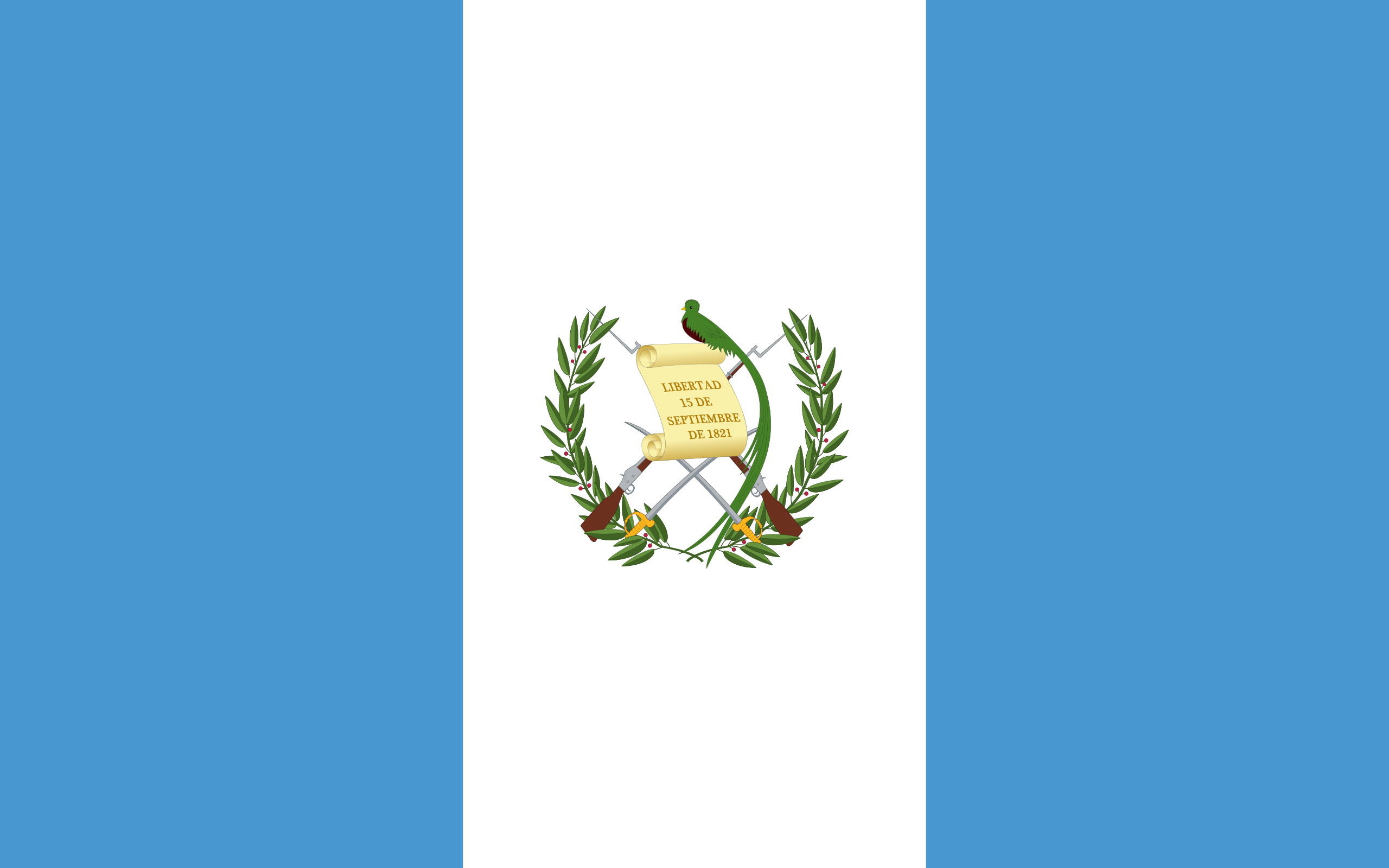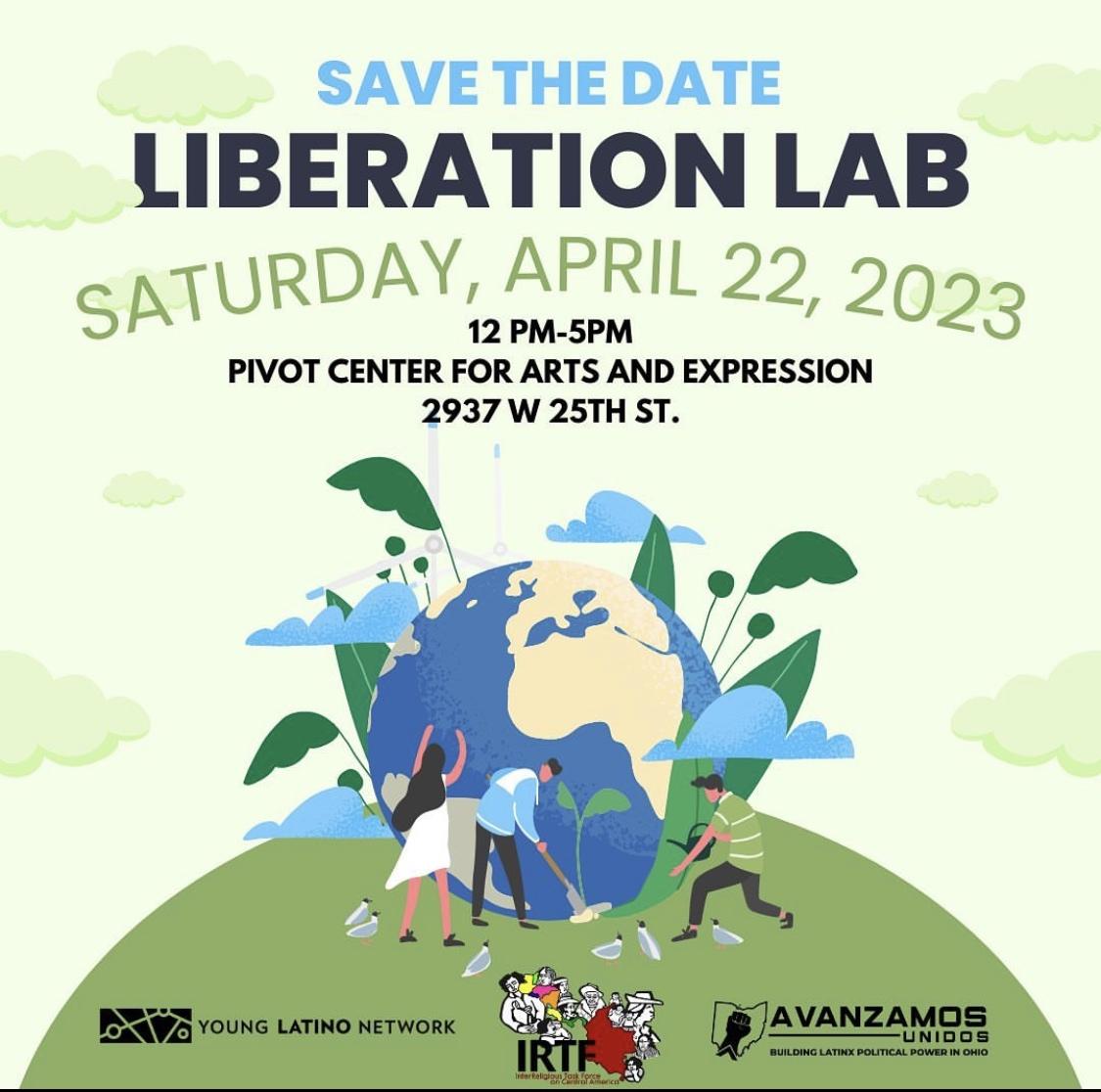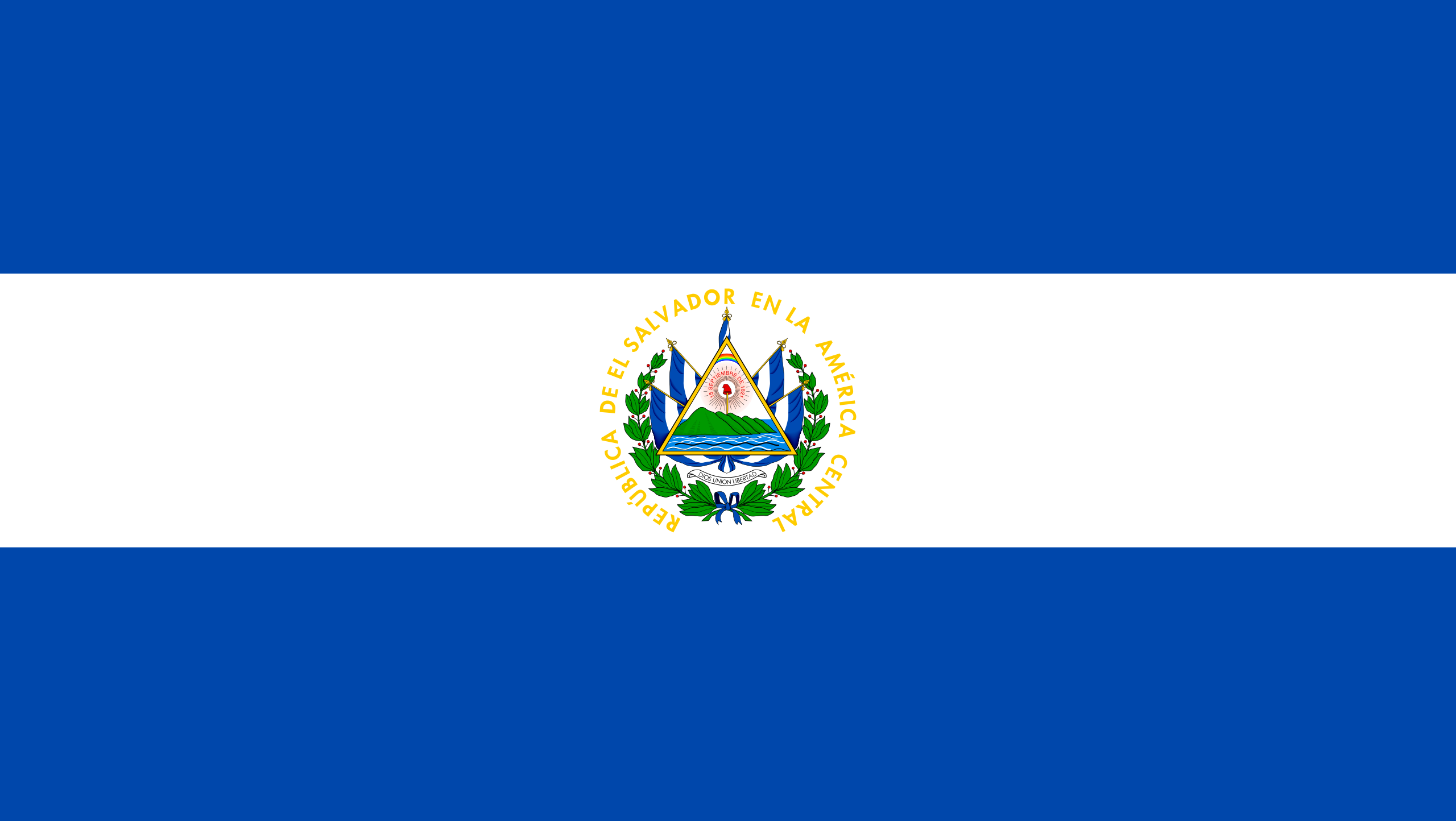El Salvador's human rights violations may have consequences after all. The human rights organization Humanitarian Legal Aid (SJH) is preparing to sue the Salvadoran state on behalf of families whose relatives have been unlawfully arrested and have died in custody or after release. In its lawsuit, the SJH demands that the government of President Bukele take responsibility for all deaths in prison and after release, requests moral and material reparations for families affected, and demands "to clear the name of the innocent people."
In an effort to collect info for the lawsuit, SJH has published a social media form in which victims and their relatives can confidentially share their experiences and data to support the case. According to SJH, the lawsuit will first be filed with the Salvadoran Attorney General's Office and its Human Rights Ombudsman's Office (PDDH). SJH further said that if the Salvadoran institutions do not respond, the lawsuit will be brought in front of the Inter-American Commission on Human Rights (IACHR), based in Washington, DC.
El Salvador has been in a 'state of exception', which takes away constitutional rights and allows police to arrest anyone on site, for over a year now. This crack down policy is part of Bukele's violent war on gangs which has seen at least 65,000 detentions and hundreds of death's. SJH director Ingrid Escobar has criticized the law and anti-gang efforts, stating that "According to criminologists, investigators and lawyers, only 8 percent of the people who died belonged to gangs. The rest were innocent citizens who were stigmatized as terrorists.”
We are hopeful that this lawsuit may bring a glimpse of justice to those who have lost their innocent family members to the violent anti-gang war, though we know that no reparations will bring back loved ones.
